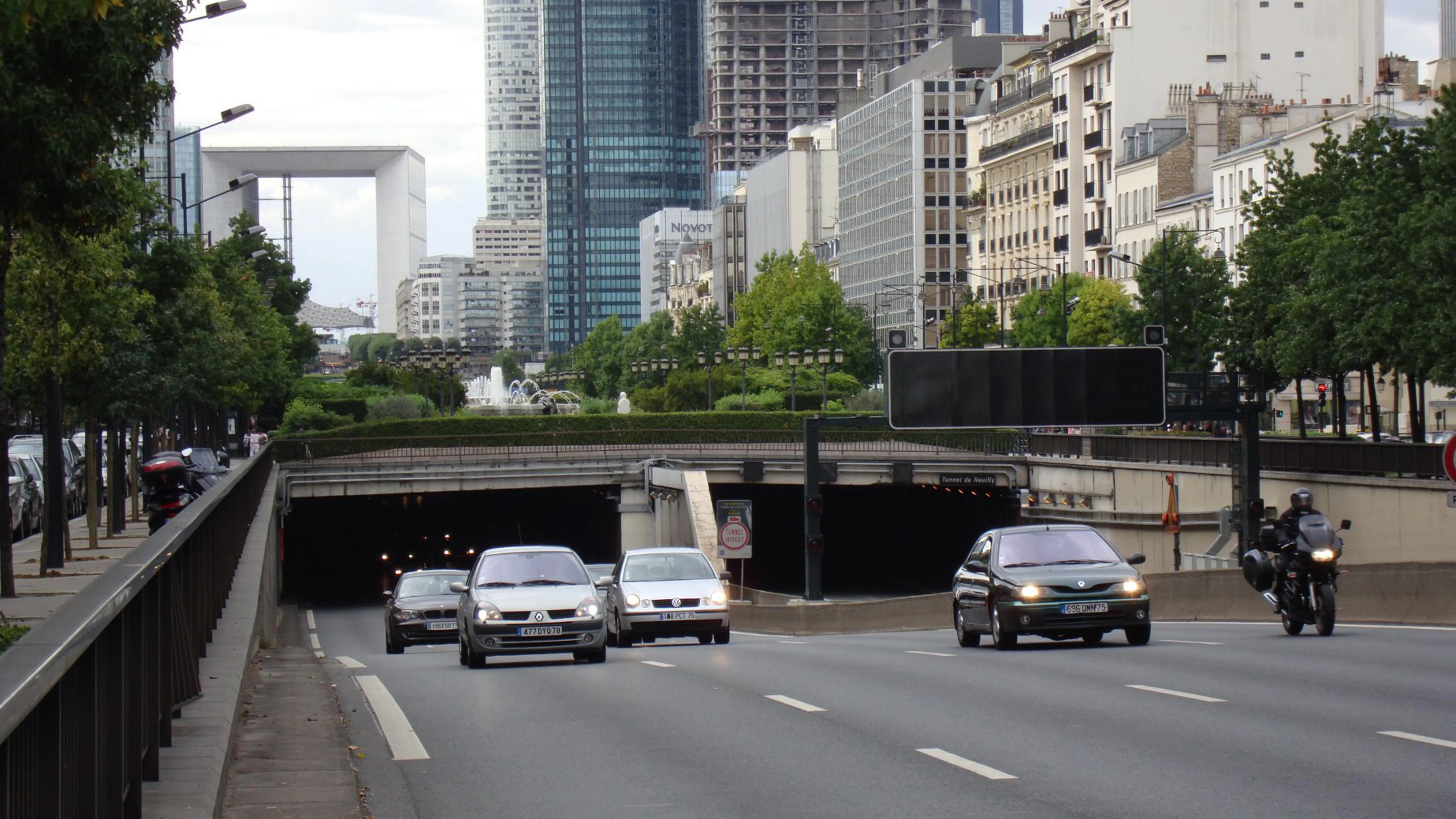Scientists at Oxford University in England have developed a driverless car system that can be installed in existing cars. A Nissan Leaf electric car has been used to test the system developed by a team headed by Professor Paul Newman. The car can deal with adverse weather conditions and halts for pedestrians, as well as being able to take over from the driver when negotiating regular commutes or traffic jams. Professor Newman reportedly describes it as an advanced driver assistance system in essence, claimi
February 18, 2013
Read time: 1 min
Scientists at Oxford University in England have developed a driverless car system that can be installed in existing cars.
A2454 Nissan Leaf electric car has been used to test the system developed by a team headed by Professor Paul Newman. The car can deal with adverse weather conditions and halts for pedestrians, as well as being able to take over from the driver when negotiating regular commutes or traffic jams.
Professor Newman reportedly describes it as an advanced driver assistance system in essence, claiming that no obvious barrier exists in legal terms to use the system on public roads. He believes that the system could cost US$154.87 (£100) eventually, compared with around US$7,757 (£5,000) at present.
A
Professor Newman reportedly describes it as an advanced driver assistance system in essence, claiming that no obvious barrier exists in legal terms to use the system on public roads. He believes that the system could cost US$154.87 (£100) eventually, compared with around US$7,757 (£5,000) at present.







